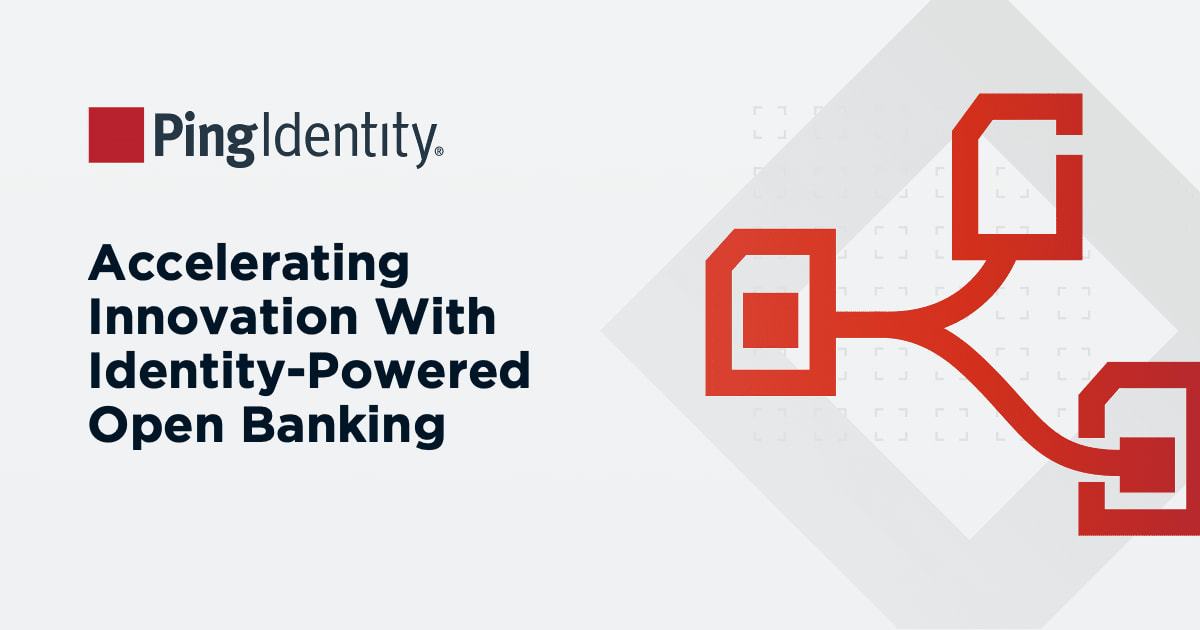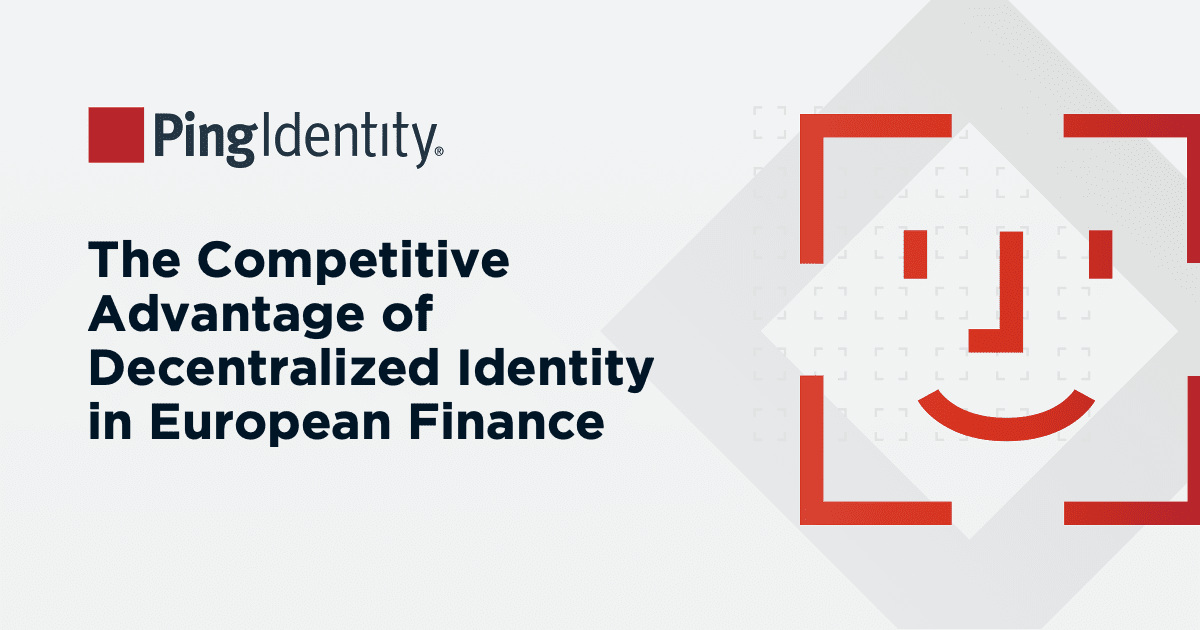Today’s data systems are currently centralized, meaning a user’s personal information like name, address, and credit card information could potentially be stored at dozens of sites.
For instance, in the past, eCommerce companies would store personal details and credit card information of their users. Now, standards are being put in place to allow customers to take back control of their identity data through decentralized identity. This means organizations will only need to receive information on a transactional basis; when users allow their verified credentials and payment method to be securely transmitted from their digital wallet to the organization in order to complete said transaction.
For example, you can provide your verified credentials at the doctor's office which would eliminate the need for them to confirm your insurance by calling the insurance company to verify your coverage and copay. The standards also ensure that the information is always up-to-date, not a single point-in-time picture of what the data was. And users can revoke the data at any time, giving them full control of their personal data.
In short, decentralized identity allows users to take control of their information, minimizing the need to permanently surrender their data to one organization just to be able to interact with them. This is also beneficial to businesses, because they can trust that consumer information shared with them is accurate and belongs to the person they are transacting with, thus decreasing fraud and amplifying security for both parties simultaneously.
What are the considerations of decentralized identity?
Decentralized identity has loads of benefits, but these only grow with the number of people who use it. Unfortunately, this has created a chicken-and-egg situation.
It looks like this:
Today’s banks can easily issue a digital version of a user’s credit card that would be compatible with decentralized identity protocols, this is not all that different from the user adding their credit card into their digital wallet on their phone.
Taking that concept a step further, state governments can issue you a digital version of your driver's license that you can store on your phone, too. However, you’ll still need to carry your physical license until rental car agencies and your local brewery have the tools to actually verify that digital identity themselves. Momentum is building around decentralized identity, and this trend is not going away. It will fundamentally shift how we–as people–present ourselves in a digital world, and it's only a matter of time before it becomes the norm.
◻︎ Check: Do you have a method or plan of decentralized identity in place?


